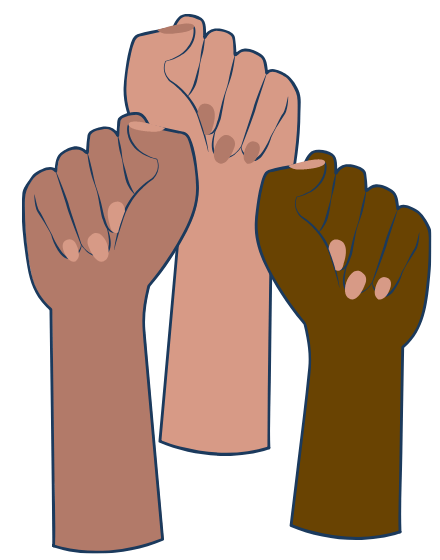In recent decades, the rate of women who are being incarcerated in the United States has risen at an alarming pace.
Between 1980 and 2017, the number of incarcerated women increased by more than 750%. The health systems in jails and prisons have been designed for men and struggle to meet women’s unique needs, including reproductive healthcare, nutrition, gynecological care and mental health. Most women who are incarcerated in the U.S. are parents to minor children and are more likely than their male counterparts to be primary care-givers for these children. Moreover, the health impacts for children of incarcerated people is linked to poor mental health outcomes. Efforts to decarcerate women and provide adequate care are stymied by a lack of gender-specific data.
Women in Missouri
In 2017, Missouri had the 5th highest rate of incarcerating women in the country.
Many local jails still allow the shackling of pregnant women in their third trimester and immediate aftermath of delivery, even though state and federal prisons in Missouri have outlawed the practice.

“Fact Sheet: Incarcerated Women and Girls.” The Sentencing Project, June 2019, https://www.sentencingproject.org/wp-content/uploads/2016/02/Incarcerated-Women-and-Girls.pdf
Schallhorn, Kaitlyn. “Next Steps: Criminal justice reform.” The Missouri Times, 4 June 2019, https://themissouritimes.com/62009/next-steps-criminal-justice-reform/
intersectionality matters!
In 2016, the incarceration rate for black women (97 per 100,000 black female residents) was almost double that for white women (49 per 100,000 white female residents).
That same year, black women 18-19 years old were 3.1 times more likely than white women of the same age and 2.2 times more likely than Hispanic women of the same age to be incarcerated.
Carson, E. Ann. “Prisoners in 2016.” Bureau of Justice Statistics, Department of Justice, 7 August 2018, https://www.bjs.gov/content/pub/pdf/p16.pdf.

Take Action
Sign the ACLU Missouri’s petition to outlaw shackling pregnant women: http://bit.ly/pregnancy_prison
Email, call and send letters to your elected officials about mass incarceration and legislation in your state regarding providing feminine products, medical care, and family support for incarcerated women: https://www.usa.gov/elected-officials
Volunteer with local organizations that support women impacted by the criminal justice system, such as the Center for Women in Transition: http://www.cwitstl.org/volunteer.html
Speak out by writing a letter to the editor and discussing these important issues with your family and those in your social circles.
Good News
An executive order signed this past October provided some protections for women incarcerated in St. Louis County, including changes to the shackling rules for pregnant women and increased access to sanitary materials.
Bad News
This order only applies to the prisons in St. Louis County. Prisons and jails in Missouri are regulated at different governmental levels, so the experience of people from one facility to another can vary widely. Just this week, reports emerged about basic hygiene product shortages in Missouri jails, including sanitary materials, which force women to find unhygienic and harmful substitutes.
Bogan, Jessica. “St. Louis Jail goes Weeks…” St. Louis Post Dispatch. 9 Dec. 2019, https://www.stltoday.com/news/local/crime-and-courts/missouri-jail-goes-weeks-without-shampoo-and-other-personal-hygiene/article_45fc3140-eecb-575d-b300-e174d066e8b9.html?utm_medium=social&utm_source=twitter&utm_campaign=user-share
Subscribe to receive the monthly newsletter and more information about Interrogating Incarceration!
Newsletter curated by:
Alia Nahra, Meg Galindo, and Megan Arden
